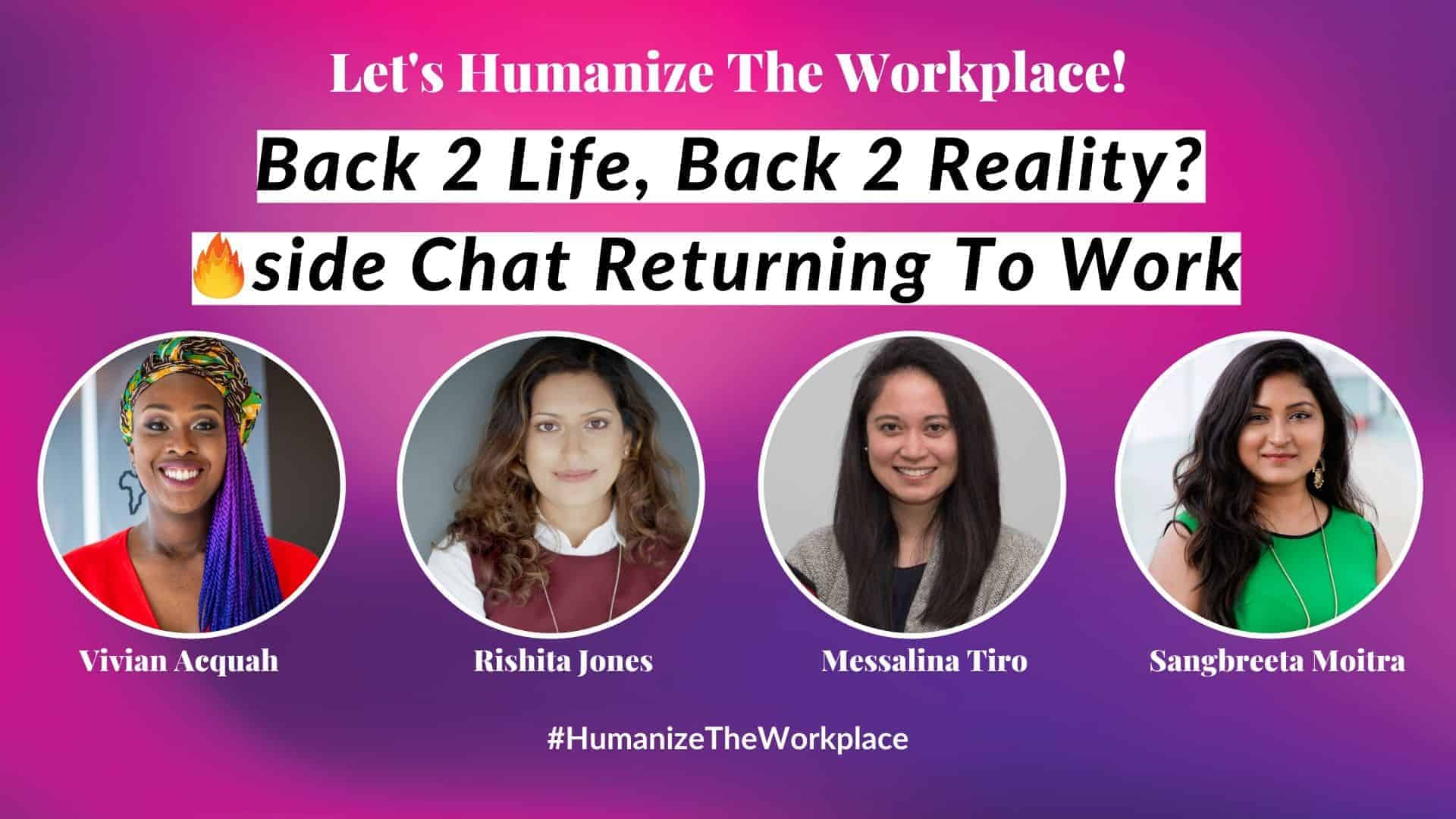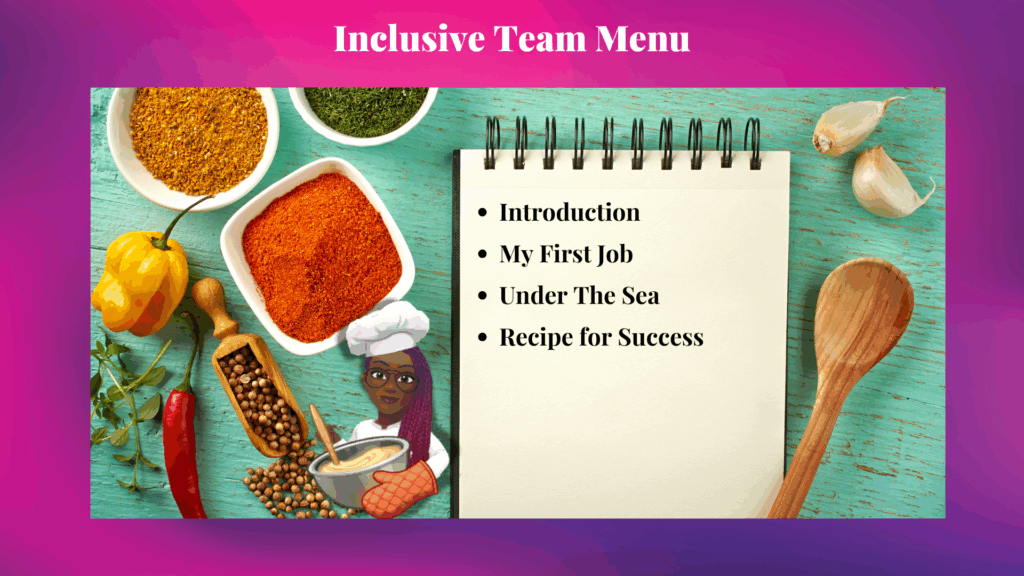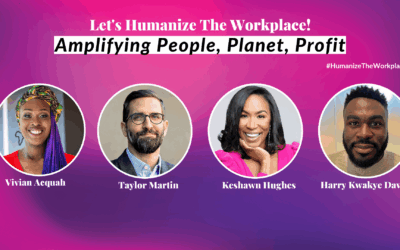The ongoing pandemic has put the entire world into a survival mode. It has driven us to such unusual circumstances where all of us are trying our best. We are trying to figure out the “new reality.” Students are attending online classes, employees are getting used to working online, and everyone is coping with being isolated and away from their friends and social circle. It has been eye-opening as well as somewhat chaotic. Staying home and taking a break from their hectic routines have allowed families to bond and get to know each other better. At the same time, it has adversely affected our mental well-being. It is indeed a novel situation where nobody is aware of the rules.
Disclosure: This post contains affiliate links. If you click through and make a purchase,
I’ll earn a commission, at no additional cost to you.
Going Back To The Old Normal?
The concept of staying indoors and working from homes has impacted employees all across the globe. While some may appreciate the professional environment at their offices, others are cherishing their extra time with their families outside of a traditional 9-5 working culture. However, soon it will be time to return to the formal workplace and, out of a sudden, go back to the old normal. The question that arises here is, how does an individual make this transition? There will be employees who might prefer the idea of working from home. Some employees may want a more flexible working atmosphere.
Introduction
In this episode of Let’s Humanize The Workplace, hosted by Vivian Acquah; She discusses the challenges and opportunities of going back to reality and acquiring more flexibility at workplaces. This episode features inspiring guests: Rishita Jones who is building human-centered HR practices using Agile HR, design thinking & technology to enrich the employee experience, Messalina Tiro; a trained cultural anthropologist turned strategic communicator who helps companies re-imagine their communication and make them stick and Sangbreeta Moitra; TEDx speaker and global strategist on hacking the brain to transform behavior, communication & leadership presence during a crisis.
Back To Life?
Inspired by a song from the late 1980s by Soul II Soul, “Back to Life,” this broadcast shines a much-needed light on coming out of the COVID-19 lockdown and returning to reality. While some enterprises like Google are allowing employees to work from home till the end of the year, others are nudging their employees to come back to the physical offices. It makes one wonder how businesses are going to welcome their employees?
There have been instances at workplaces where employees are monitored continuously. Monitoring can be a way to ensure that employees keep working rather than procrastinating. However, employees need a certain degree of autonomy to utilize their maximum potential, especially when transitioning from remote working. Constant monitoring leads to a lack of psychological safety at the workplace and prevents employees from being their true selves, taking risks, and challenging themselves.
As Sangbreeta Moitra puts it, “How do you expect your people to do their best when you don’t offer them psychological safety? Rather than focusing on constant supervision to compel employees into working consistently, a more effective approach could be to conduct “check-ins.”
Check-In With Your People
Such check-ins portray a personal touch to employees and allow managers to communicate in a more humanized manner and encourage transparent communication.
Organizations need to begin the process of asking people to come back gradually rather than enforcing their employees who may not be ready yet. According to Vivian Acquah, organizations should: “Ask questions about who is comfortable about coming back. Test the pilot for a couple of weeks and then gradually add in more people and be aware that people might be saying yes because they feel some kind of pressure, which is why you need to find ways to connect to people.”
Trust, Teamwork, and Technology
The success of any business depends on teamwork and interdepartmental collaboration, which the lockdown has made quite challenging. The global business community is dealing with a dispersed workforce that needs to cooperate and act as a team to succeed. As Rishita Jones says: “Right now we are experiencing the future of work, which is a dispersed workforce. And the three pillars that will hold this workforce together are trust, teamwork, and technology. If you lead by fear in these circumstances, you will not create a team environment, and this will stop collaboration, which stops creativity, which stops innovation.“
Co-Create The New Reality
There is a possibility of some employees not being ready to come back to work yet. Managers need to be mindful of the fact that many people are experiencing loss. Some may have health conditions, and some may be grieving a lost loved one. Give your employees a moment to process their emotions to prevent workplace burnouts. Everyone is going through changing circumstances, and we need to take time to adjust and adapt. “It is a pain that is collective”- Messalina Tiro.
It is time for businesses to branch out and redefine the new reality “Together with our employees together; we can co-create what reality looks like. A humanized and a more people-centered reality that brings a better balance to our lives.” -says Rishita Jones about creating a new reality that benefits the managers as well as employees.
Be Mindful
The definition of a job needs to shift from working certain hours a day and going home to a flexible form where people add value to a business outside of a certain location and a specific period. As Sangbreeta Moitra says, “We have to be resilient, flexible and adaptive.”
Although organizations need to make changes, increase the human factor, and offer flexibility, individuals need to modify their work lives as well. Think about what awakens your creative intellect, allows you to enhance your productivity, and makes use of your talent. As Vivian Acquah puts it eloquently, “Be mindful of your health. Be mindful of your time and be mindful of what you do because we are not living for our work. We need our work to sustain our life and our creativity.”
Managers Show Your Human Side
An excellent way for managers to amplify the human factor at a workplace is by showing their vulnerable and human side to connect with their subordinates and encourage them to embrace their true personalities and vulnerability by leading by example. This can be done quite easily if businesses invest in training managers to uplift their abilities and equip them with the tools to create an atmosphere of honesty and transparent communication. “We need to have a transparent culture that invests in training managers to have honest conversations” Messalina Tiro
The lockdown has exposed businesses and their culture and shown the world their strategies which we need to fix. “We need to transition to a new culture of personal development or L&D.” – according to Sven Lauch“.
Change Is The New Normal
Once the pandemic is over, and we come out of the lockdown, change is going to be the new reality. Right now, in a world of uncertainty, change is indeed the only certain fact, especially in the modern workplace. As Rishita Jones says, “Change is going to become very constant, and we need to equip our employees, our organizations to be able to deal with that accept, embrace and thrive in change.“
Ensure Psychological Safety
While we go back to our workplaces and move forward towards new cultures, new strategies, and a new work ethic, we need to be mindful of those around us. Managers need to ensure psychological safety for employees, and employees need to learn to react to altered circumstances. In the words of Sangbreeta Moitra: “Let’s keep in mind that before we react to whatever is happening, we also think of the state of mind of the people we’re working with.
Try to think of what’s their stressor, their need, what will give them the psychological safety and the ambiance and environment that thrive. And at the end of the day, adversity triggers opportunity. So with that perspective in mind, let’s embrace all the opportunities that we will get all working together soon.”
Concluding this invigorating chat on an advisory note, Vivian Acquah emphasized on the significance of being mindful of others and their situation. “I mean, everybody has a different state of mind and a different background. We are all in the same storm, but we don’t have the same boat. So be mindful about that.”
Connect Rishita Jones, Messalina Tiro and Sangbreeta Moitra via Linkedin or via Twitter Rishita Jones, and Sangbreeta Moitra.
Related Topics:
Host: Vivian Acquah
As a Workplace Wellness Advocate, Vivian advises managers on how to keep their team members healthy, happy, and safe by using a holistic approach called workplace wellness. She is also the digital strategist for this live stream production.
This live stream will be broadcasted via LinkedIn, Facebook, Youtube & Twitter/Periscope simultaneously. Involve your audience by using live streams! Would you like to know more?
Feel free to send a 📧 via LinkedIn or info@amplifydei.com







